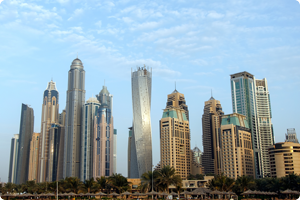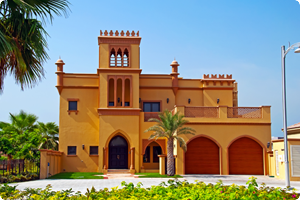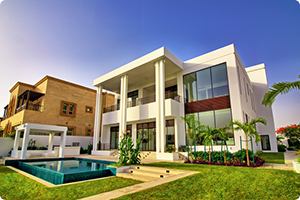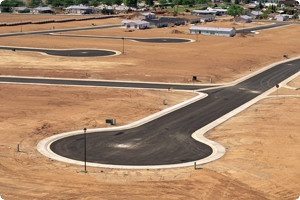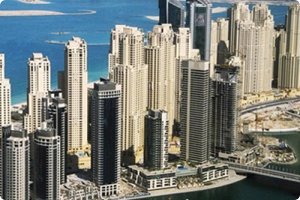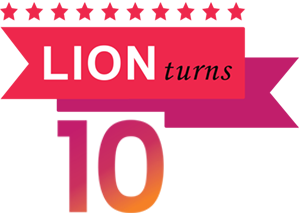In the United Arab Emirates (UAE) and the Gulf Cooperation Council (GCC) countries, including Bahrain, Kuwait, Oman, Qatar, Saudi Arabia, and the UAE, mortgage loans are available to nationals for purchasing property. Here are some key points to consider regarding mortgage loans for UAE/GCC nationals:
- Local Banks and Financial Institutions:
- Nationals in the UAE and GCC typically obtain mortgage loans from local banks and financial institutions.
- Each country may have its own regulations and processes governing mortgage lending, so it’s essential to be familiar with the specific requirements of the respective country.
- Eligibility Criteria:
- To qualify for a mortgage loan, applicants generally need to meet certain eligibility criteria, including a stable income, a good credit history, and the ability to make a down payment.
- Loan-to-Value (LTV) Ratio:
- The loan amount approved is often determined by the Loan-to-Value ratio, which is the percentage of the property’s value that the lender is willing to finance. The borrower is typically required to contribute a down payment.
- Interest Rates:
- Mortgage interest rates can be fixed or variable. Borrowers may choose between the two based on their preferences and financial goals. Fixed rates remain constant throughout the loan term, while variable rates may change based on market conditions.
- Loan Duration:
- Mortgage loans in the UAE and GCC countries often have varying loan durations. Borrowers can choose the repayment period based on their financial capacity and long-term plans.
- Islamic Financing:
- Many financial institutions in the region offer Islamic financing options that adhere to Sharia principles. These products may involve profit-sharing arrangements instead of traditional interest payments.
- Legal and Regulatory Considerations:
- Familiarize yourself with the legal and regulatory framework governing mortgage loans in a specific country. Each country may have its own set of regulations and requirements.
- Down Payment:
- Nationals are usually required to make a down payment when purchasing property. The percentage of the down payment can vary, and it’s important to factor this into your financial planning.
- Insurance and Fees:
- Mortgage borrowers may be required to have property insurance. Additionally, there are various fees associated with mortgage transactions, including application fees, processing fees, and possibly legal fees.
- Government Initiatives:
- Some countries in the GCC may have government initiatives or programs to support citizens in acquiring housing, such as providing subsidized interest rates or down payment assistance. Check for any such programs that may be available.
Before applying for a mortgage loan, it’s advisable to research and compare offerings from different financial institutions, understand the terms and conditions, and seek advice from financial professionals if needed. Additionally, consulting with the respective country’s regulatory authorities or housing agencies can provide valuable information on the latest developments and regulations in the mortgage market.



